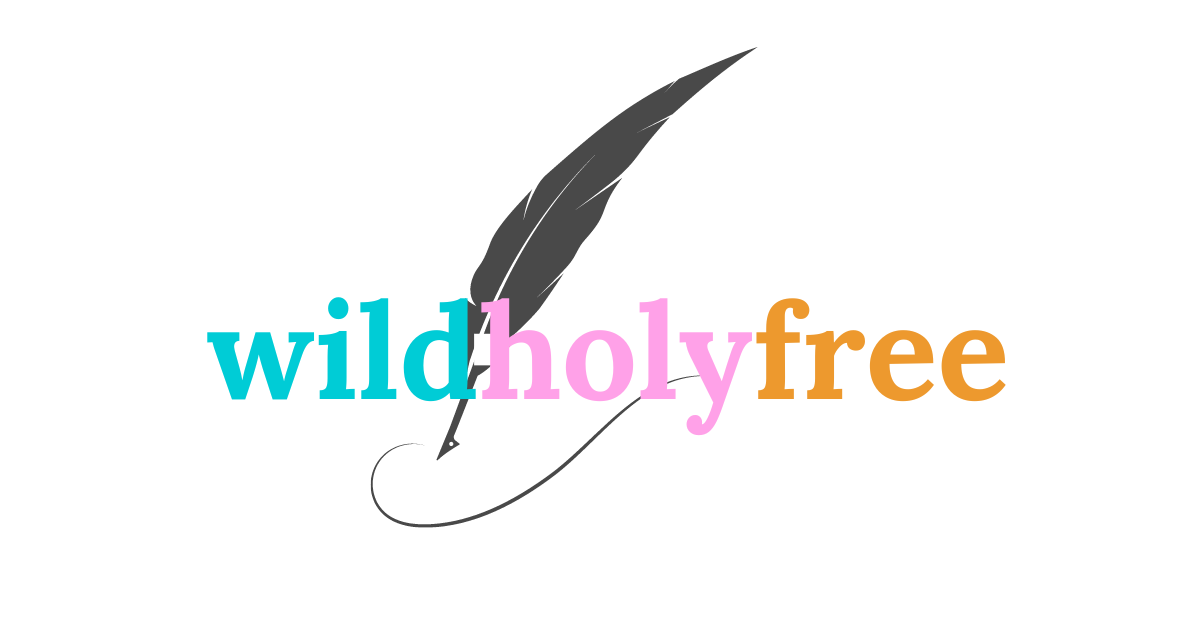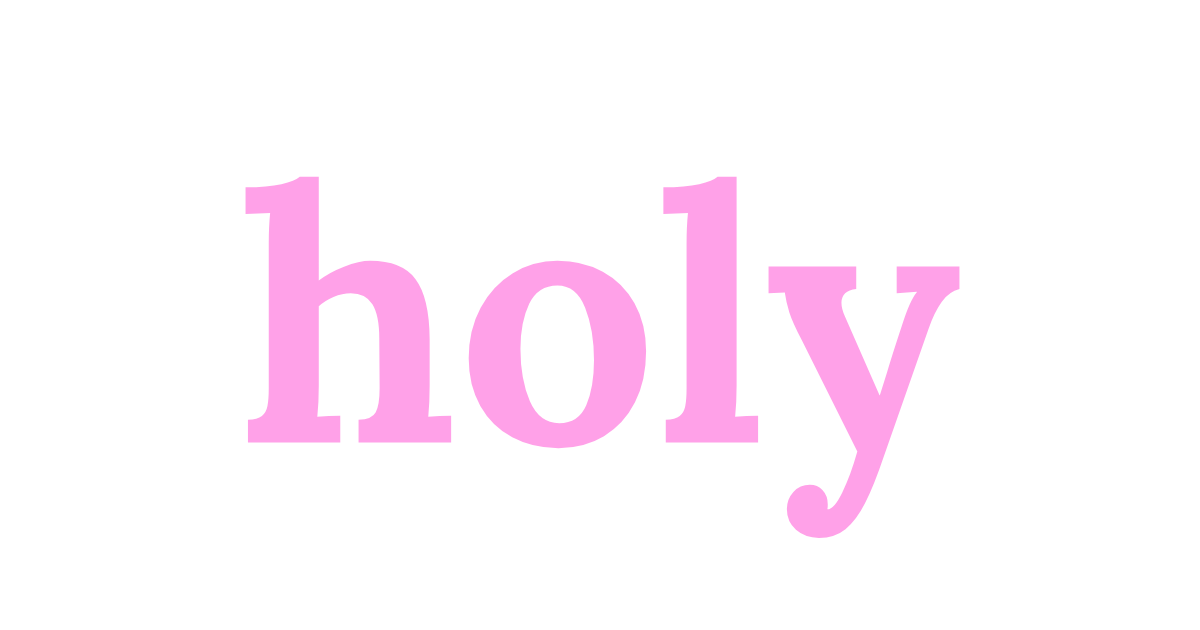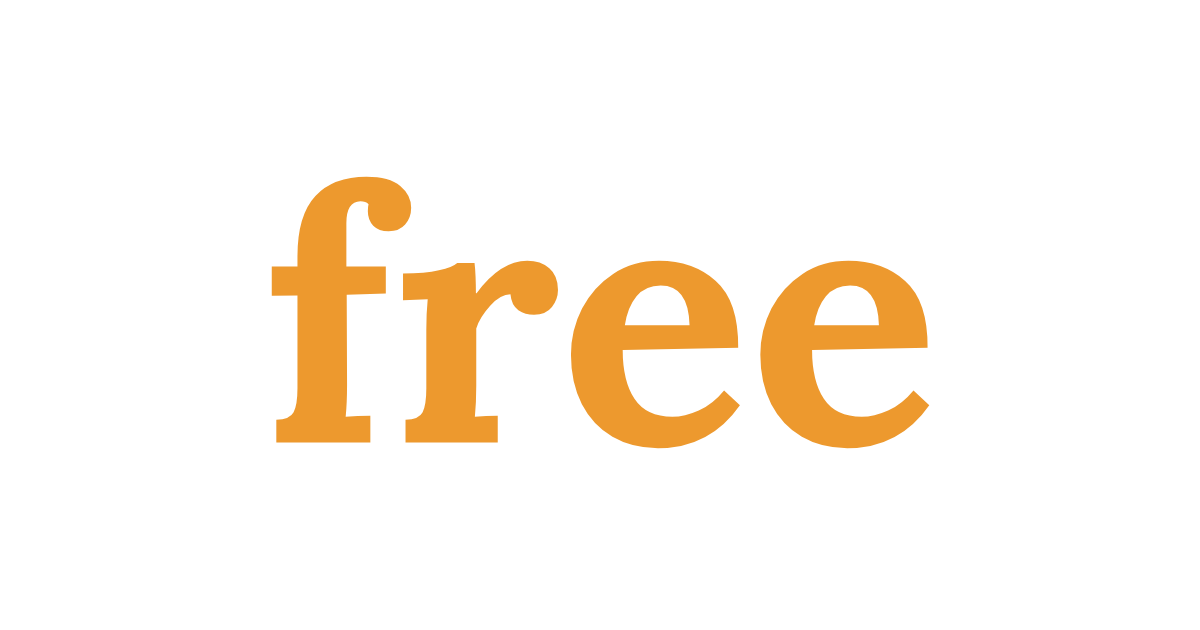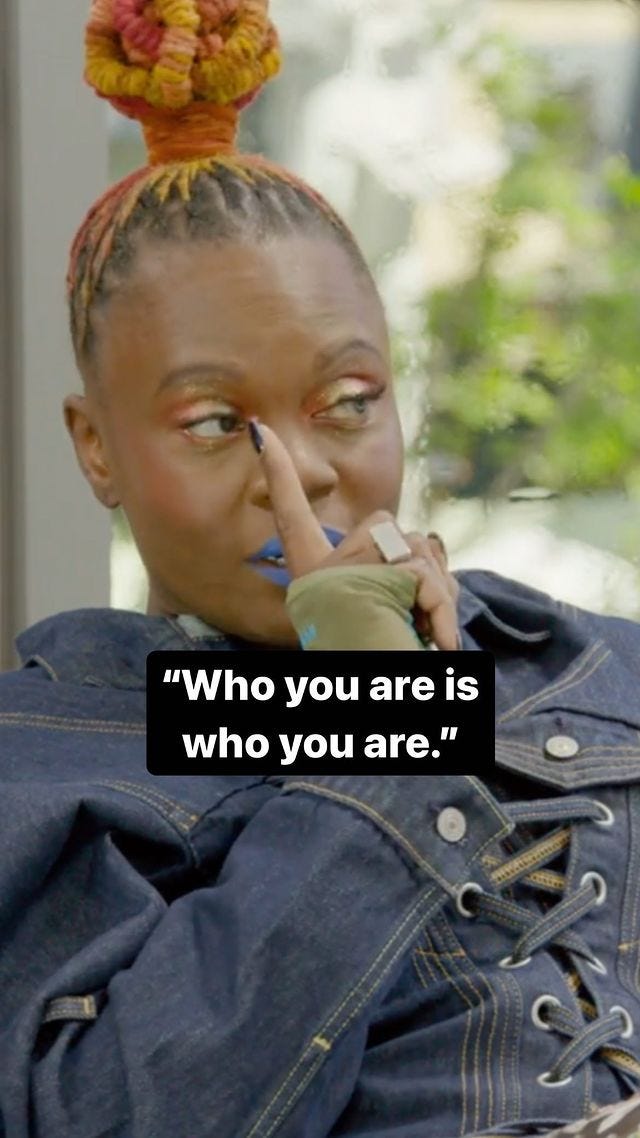A few years ago I flew to Spokane, Washington to speak at a university. On college campuses you never know what you're gonna get because students have a thing called options! They might be starting class at 8pm, and they have meetings at 10pm. All kinds of clubs are competing for their attention. Practices and concerts and events have their schedules packed. And you may surprised to hear that attending a “DEI” lecture is not always at the top of the to-do list. But half an hour out from the event beginning, butts were already in seats. By the time the event actually started the room was filled. Fifteen minutes into speaking, someone had to interrupt me because we were causing a fire hazard. They had to open an additional room for the overflow of people. I was stunned. And excited. The energy in the room was palpable. There were students everywhere. Professors and pastors and adults from the community sprinkled among them. I asked them why in the world they were all here, and I actually expected someone to respond- lol. No one did.
I gave a quick lecture and then it was time for my favorite part- the Q&A. There are lots of moments I remember from my time in Spokane, but there is only one question that I remember distinctly. A white kid raised his hand and said, “I believe that racial justice and diversity are important, but I am a little lost as to where to find these things in the Bible. Can you help me understand?”
This is a question I have heard a lot. My mentor, Brenda Salter McNeil and many speakers of her generation spent a good portion of their careers showing white evangelicals that racial justice and the Gospel of Jesus are indeed tied together. I started to feel my superwoman cape blowing in the wind as I backed up to the wall-length white board behind me. I was about to go to work. But before I was close enough to the board to actually reach for a marker, a thought occurred to me.
“You know, I want you to know that I can answer that question. I could grab one of those markers and spend the rest of our time together outlining the ways justice shows up in the Bible. But the truth is this work has already been done. It's been done by Brenda Salter McNeil and Soong Chan Rah and Howard Thurman and James Cone and many more theologians, professors, and pastors. And I would be happy to give you a list of those books. But I think I’d like to share a different thought with you.
What I really want to tell you is that I have only ever been asked this question by white people.
And by that I do not intend any shame. What Im trying to say is that the vast majority of Black American Christians fundamentally understand the Bible as the framework for calling for racial justice. It is part and parcel to how we understand the biblical story itself. Can I give you an example?” I asked.
He nodded.
“Have you ever heard someone preach about Moses and the exodus story?”
He nodded.
“Me too. And I am guessing that every time you heard it, the theme was about leadership or obedience or spiritual freedom or something along those lines. But you know what the main thrust of the story is for Black people? Freedom from slavery! You know why? Because the actual story is about freedom from slavery!
So in a Black church, you are gonna hear, ‘And Pharaoh made the children of the Lord work harder. And he beat them harder. And he expected more. But God heard the cries of his children. And God said enough is enough. it's time to set them free. And God is still setting you free, believed. Setting you free from…’”
I start moving back and forth across the room, like a preacher. I lean into the microphone and the Black students in the room start hollering like we are in real church. They recognize what I’m doing and the ways they have always heard the Bible preached- from the underside.
I stop when smiles spread across all of their faces, and look back up at the student who asked the question. “The biggest gift I can give you tonight, is not an answer to your question but instead to realize that your question is born of privilege in a world where most of us are holding onto the sacred stories of justice and oppression, discrimination and hope for everyday living.”
And I guess that’s where I want to begin my musing for talking about Black History Month, and how Black people fundamentally understand or interpret the world. While everyone else is doing a different calculation, Black people have our own deep understanding of the world and of our bodies being used as a particular site of oppression. For us oppression is not abstract, is not theoretical, is not a new idea or an underdeveloped concept.
We descend from a people who lived their entire lives under the subjugation of slavery. We descend from a people who tried to survive lynchings and race riots and city bombings simply because of the color of our skin. We descend from a people who were forced to accept second class citizenship- but that phrase does not tell us what it did to the body. It doesnt tell us about Black people bowing their heads and never looking a white person in the eyes as equals. It meant accepting being called “boy” or “girl”even as grown adults and what that was supposed to do to the psyche of our elders. It meant not being able to demand an equal job, equal pay, equal opportunity and what that did to the psyche of our elders. It meant cramped muscles in the backs of cars where we slept all night because hotels did not allow “coloreds” inside. We know about oppression.
We still know about discriminations and microagressions and sundown towns and racial injustice. And these are all helpful phrases but they do not tell you about the body. They do not tell you about the mental gymnastics or the alertness we must practice on the job. They do not tell you about the racing heartbeat when a cop approaches us. They do not tell you about our heartbreak or disappointment or frustration. They do not tell you about our depression or our illness or exhaustion. They do not tell you about the fears or the anxiety or the weight. They do not tell you about the site of our bodies as the site where oppression is right now taking place.
And so it is profound to me that so few people are willing to understand why our concept of justice cannot be transactional, cannot be negotiated, cannot be halfsies. Where we see bodies as the site of oppression: Palestine. Congo. The undocumented in cages. The apartheid in South Africa. The repression of the Indigenous. The scapegoating of Asians. Now and/or throughout history.
Black people, as a community, are always going to look at oppression square in the face and name it. Because we are descendants of those who were enslaved in a Christian nation, despite the second book of the Bible being a story of freedom.
This Black History Month, I hope you will honor the bodies and therefore the understanding of Black people. If you are Black I hope that honoring will take place in the form of rest, of good food, of good naps, of good lovin. I hope that honoring will take place in meditation and saying no and mental wellness and good meds. I hope that honoring will offer some relief to your body- that you will enjoy a luxury too long denied our people. And if you are white, I hope that honoring will take place in the form of solidarity, of support, of moving from education to action. I hope you will find a cause and get behind it. I hope you will show up. I hope you will believe us and risk your own body.
Despite this knowledge that we carry in our bodies, it is amazing to me to watch “listen to Black women” seem to decline in real time. It seems to me that too many people didn't understand how that mandate was supposed to be an antiracism movement and not a cute mantra for t-shirts and tote bags. And I think we have to talk about that…
This was originally shared with my Patreon Troublemakers If you are looking for a community to walk along in your pursuit of justice, you are beyond welcome here.
y’all, I stepped out of my comfort zone in the kitchen again this week. I made a recipe for ramen noodles (throwing away the little spices pack) and it turned out soooo good! Usually my first attempt isn’t great and I have to remake two or three times before I get it right. But this time I didn’t have to order a back up pizza! Wild!
This week I did a speaking gig alongside my cousin. And in the middle of the conversation, we realized that we had never discussed my chapter about losing Dalin (her brother). It was emotional but beautiful to talk about his impact on our lives and the transformative power of knowing someone’s story.
Scrolling through IG, one of the accounts I love is Caroline Wanga because she is one of my models for becoming a free Black woman. And this video showcases what I mean.
Full of… Beyonce country songs,
Austin










Beautiful and thought provoking. Thank you. ❤️
For weeks afterwards I contacted people on campus to find the person who might have recorded that event and evidently it was not recorded. It was so wonderful that I wanted to share it with others. I hope that Whitworth will invite you to return, or perhaps Gonzaga University in Spokane.